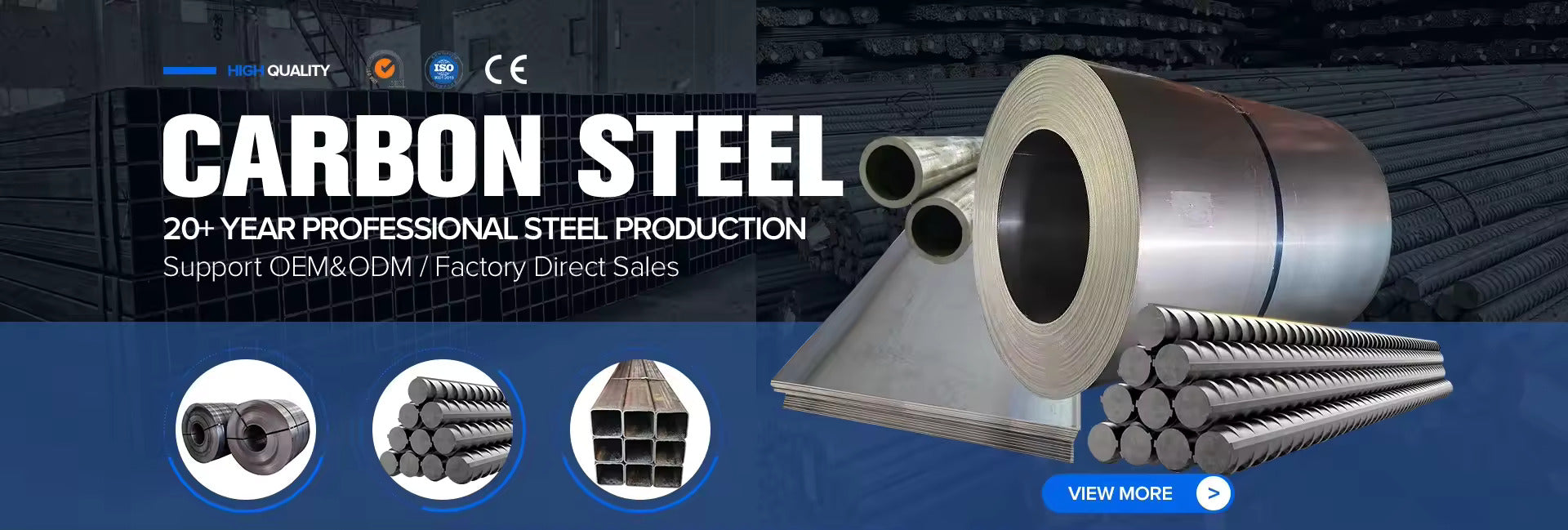
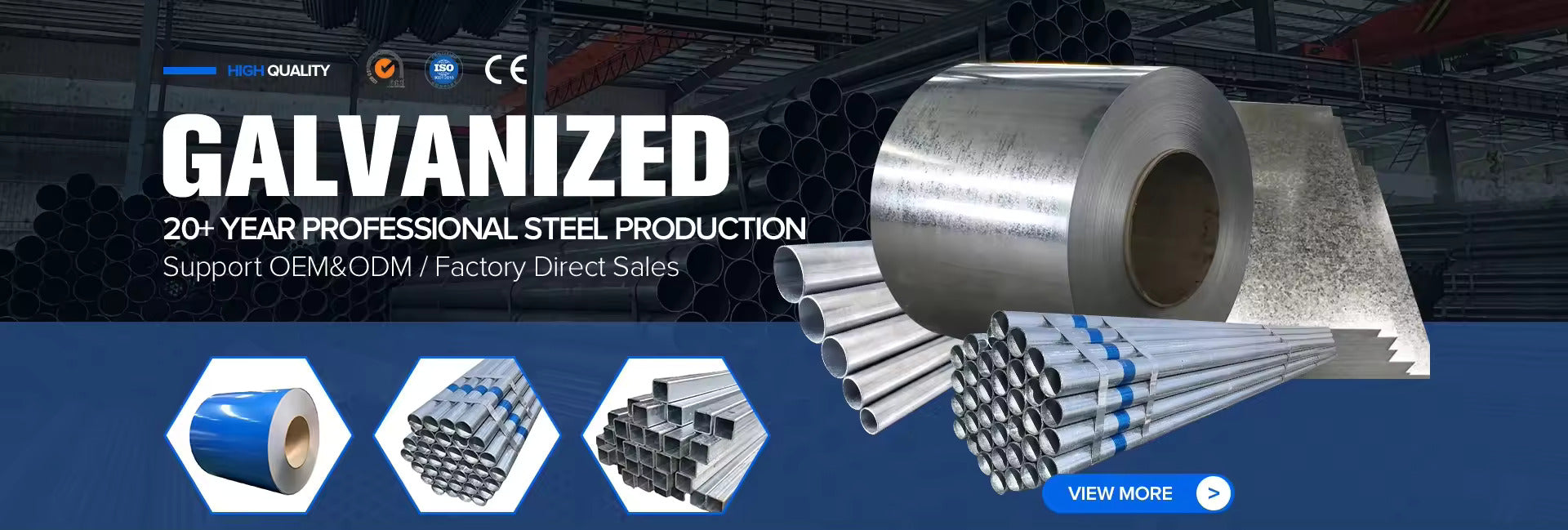
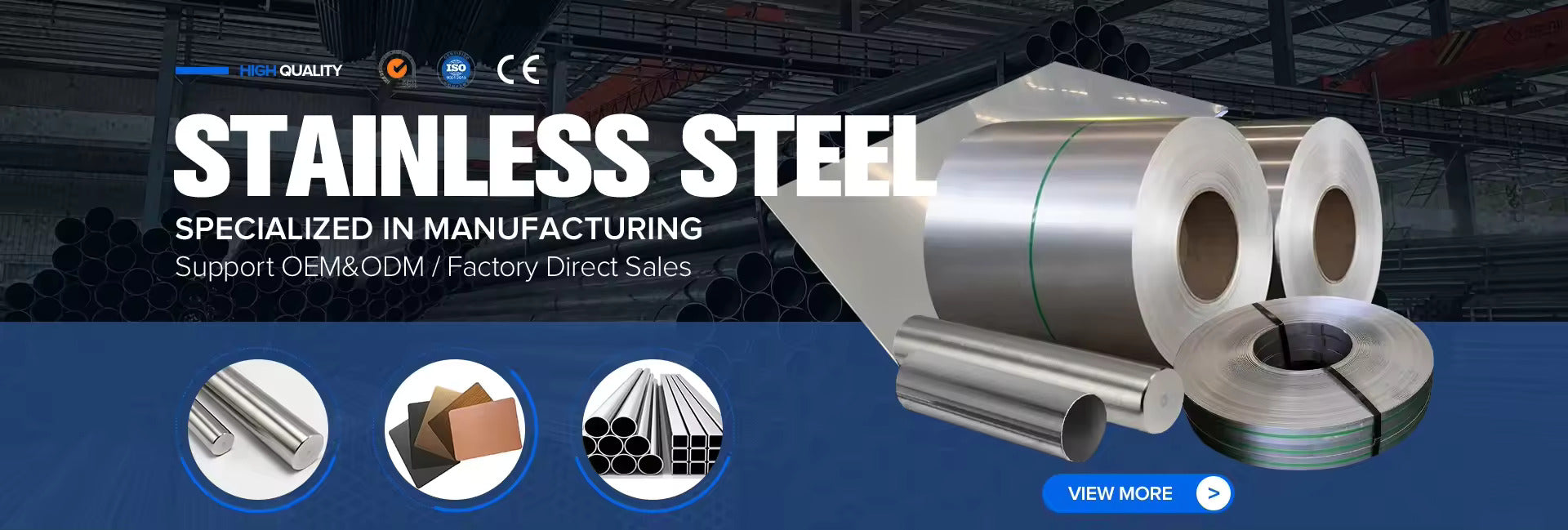
-
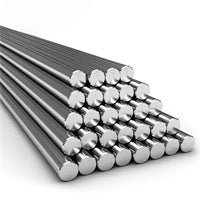
Steel Bar
Stainless steel barCombining exceptional strength with superior corrosion resistance, stainless steel metal bar provides reliable performance for critical applications while offering excellent machinability and aesthetic appeal.
-
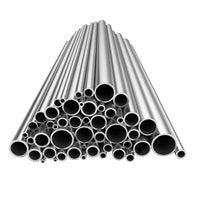
Steel Tube
Stainless Steel TubeStainless steel tub combines excellent corrosion resistance with superior mechanical strength, offering seamless construction and precise dimensional accuracy for diverse industrial applications.
-
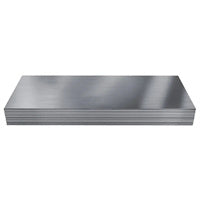
Steel Plate & sheet
Steel Plate & sheetFeaturing outstanding strength-to-weight ratio and premium aesthetic appeal, stainless steel sheet delivers reliable performance while maintaining dimensional stability and surface quality.
-
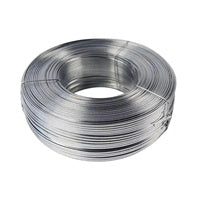
Steel Wire
Stainless steel wireEngineered with outstanding fatigue resistance and uniform surface quality, Wire of stainless steel provides optimal strength and durability for springs, cables, and precision components.

ABOUT US
At JYT Steel, we stand at the forefront of the global stainless steel industry, delivering premium-quality products and unparalleled service to customers worldwide. With decades of expertise in stainless steel manufacturing and distribution, we've established ourselves as a trusted name in providing comprehensive stainless steel solutions for diverse industrial applications.
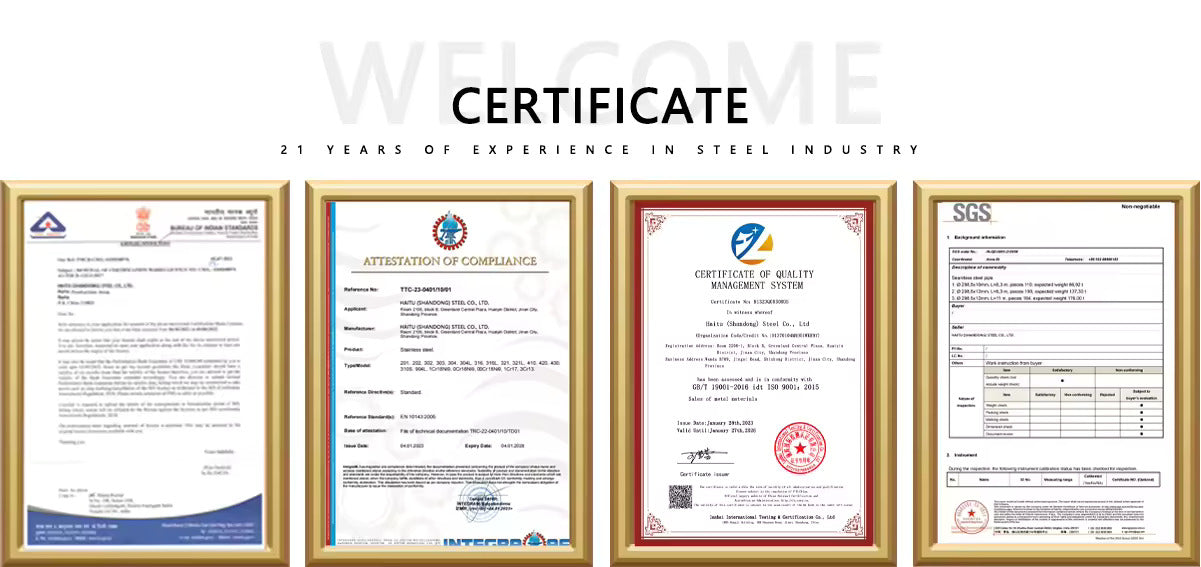
JYTSTEEL BLOGS
-
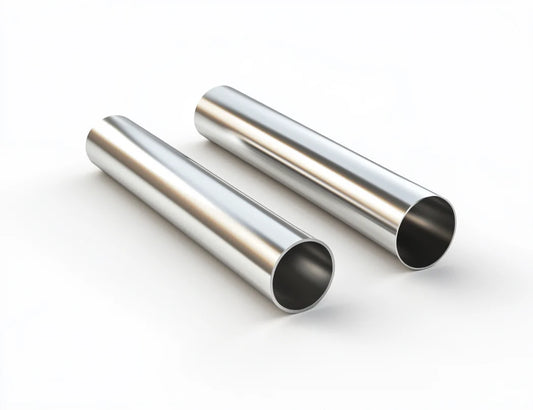
How to Get Scuff Marks Out of Stainless Steel
Table of Contents Introduction Why Does Stainless Steel Show Scuff Marks? Step 1: Figure Out What Kind of Mark You Have Step 2: Try the Gentle Cleaning Methods First...
How to Get Scuff Marks Out of Stainless Steel
Table of Contents Introduction Why Does Stainless Steel Show Scuff Marks? Step 1: Figure Out What Kind of Mark You Have Step 2: Try the Gentle Cleaning Methods First...
-
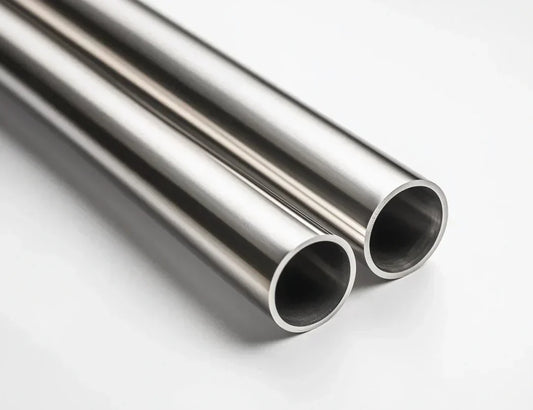
How Can You Fix Scratches on Stainless Steel
Table of Contents Introduction Why Stainless Steel Gets Scratches First Step: Check the Grain How to Fix Light Scratches How to Fix Deeper Scratches Does Fixing Scratches Change the...
How Can You Fix Scratches on Stainless Steel
Table of Contents Introduction Why Stainless Steel Gets Scratches First Step: Check the Grain How to Fix Light Scratches How to Fix Deeper Scratches Does Fixing Scratches Change the...
-
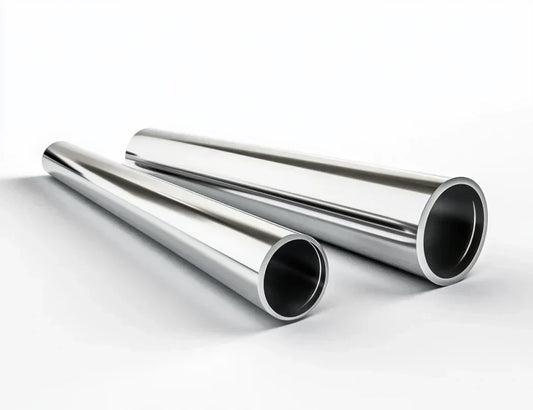
How to Get Scuffs Out of Stainless Steel Sink
Table of Contents Introduction Why Scuffs Happen in the First Place Step 1: Clean Before You Fix Step 2: Try the Baking Soda Trick Step 3: Use a Non-Abrasive...
How to Get Scuffs Out of Stainless Steel Sink
Table of Contents Introduction Why Scuffs Happen in the First Place Step 1: Clean Before You Fix Step 2: Try the Baking Soda Trick Step 3: Use a Non-Abrasive...
Q & A
Is stainless steel a non-metallic metal?
Metals are broadly categorized into two main groups: ferrous and non-ferrous, with stainless steel belonging to the ferrous category due to its significant iron content. As a ferrous metal, stainless steel shares this fundamental characteristic with traditional steel, cast iron, and wrought iron, all of which have iron as their primary component.
Why is stainless steel a good metal?
Here's a clear explanation of why stainless steel is a good metal:
Stainless steel stands out as an excellent metal for numerous reasons:
1. Corrosion Resistance
- Highly resistant to rust and corrosion
- Forms protective chromium oxide layer
- Performs well in harsh environments
2. Durability
- Exceptional strength-to-weight ratio
- Long service life
- Maintains structural integrity
3. Versatility
- Wide range of grades available
- Suitable for many applications
- Easy to fabricate and machine
4. Temperature Resistance
- Performs well in extreme heat
- Maintains strength at high temperatures
- Resistant to thermal shock
5. Low Maintenance
- Requires minimal upkeep
- Easy to clean
- Retains appearance over time
6. Hygiene
- Non-porous surface
- Bacteria resistant
- Ideal for medical and food applications
7. Sustainability
- 100% recyclable
- Long lifespan reduces waste
- Environmentally friendly
These properties make stainless steel an ideal choice for applications ranging from construction to medical instruments.
What are the four types of stainless steel?
Four Main Types of Stainless Steel
- Austenitic (300 Series)
- High chromium and nickel
- Best corrosion resistance
- Non-magnetic
2. Ferritic (400 Series)
- High chromium, low nickel
- Good corrosion resistance
- Cost-effective
3. Martensitic (400/500 Series)
- High carbon content
- Heat-treatable
- Moderate corrosion resistance
4. Duplex
- Austenitic-ferritic mix
- High strength
- Superior corrosion resistance
These types serve different industrial needs based on strength, corrosion resistance, and cost requirements.
Can stainless steel rust?
Yes, stainless steel can rust despite its high resistance. Here's what you need to know:
Understanding Rust Resistance
- Contains minimum 10.5% chromium
- Forms protective oxide layer
- Self-healing surface protection
Common Causes of Rusting
- Chemical exposure
- Surface damage
- Contact with regular steel
- Saltwater exposure
- Poor maintenance
Prevention Tips
- Regular cleaning
- Proper maintenance
- Avoid harsh chemicals
- Choose correct grade
- Protect surface integrity
Key Takeaway
Selecting the right grade of stainless steel and maintaining it properly can provide decades of rust-free service under normal conditions. While not completely rust-proof, stainless steel offers superior corrosion resistance compared to regular steel.
Is Stainless Steel Good for Daily Use?
Yes, stainless steel excels in everyday applications.
- From kitchenware to medical instruments, stainless steel plays an essential role in our daily lives, offering recyclability, sterility, and versatility across countless applications.
- As a 100% recyclable and easily sterilized material, stainless steel surrounds us in our everyday lives - from our kitchen appliances to medical equipment, building structures, and transportation systems.
- Most concise version:
Stainless steel's recyclability and sterility make it ideal for countless everyday applications, touching our lives in kitchens, hospitals, buildings, and transportation. - Most natural version:
We encounter stainless steel throughout our daily routines - it's in our kitchen utensils, the buildings we visit, the medical equipment at hospitals, and the vehicles we ride in - making its recyclability and easy sterilization even more valuable. - Alternative emphasis:
The ubiquitous presence of stainless steel in our daily lives - from cooking utensils to medical devices, architecture to transportation - showcases why its complete recyclability and sterilization properties are so important.







